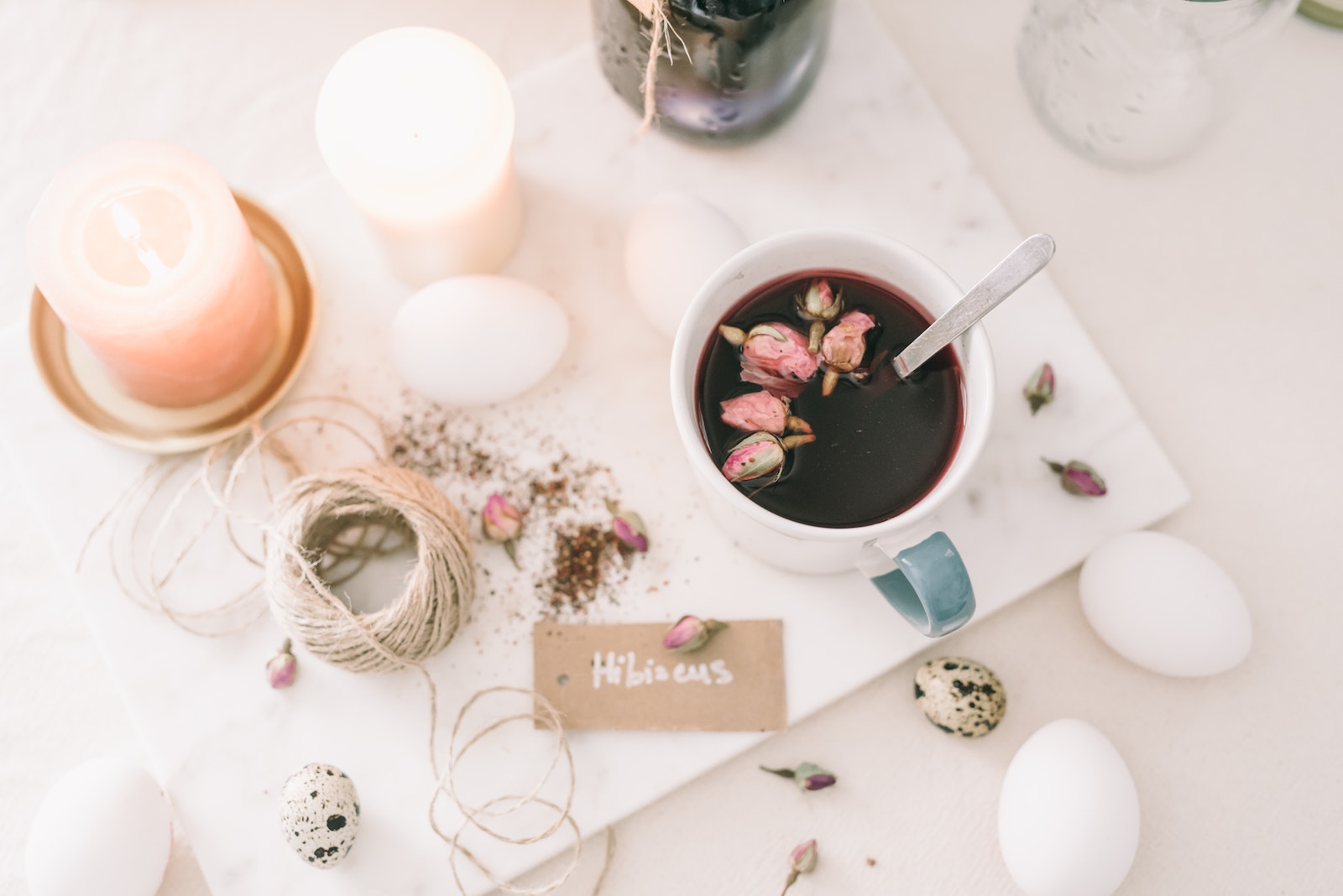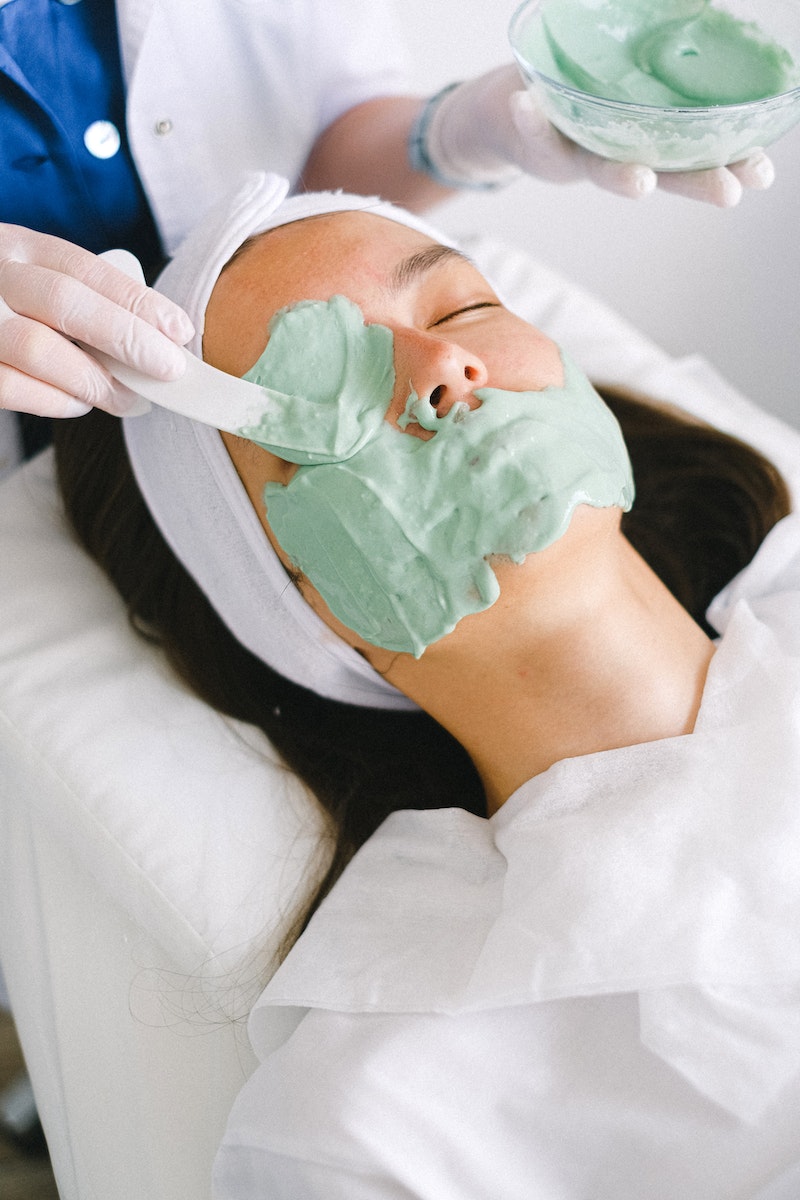Heat and cold therapy have long been recognized as powerful techniques for pain relief, reducing inflammation, and promoting overall wellness. By utilizing these methods and applying heat and cold to specific areas of the body, individuals can experience significant relief from various ailments such as muscle soreness, joint pain, and even stress. In this article, we will explore the multitude of benefits that heat and cold therapy offer, how they work, and the different methods of application.
The Benefits of Heat Therapy
Heat therapy, also known as thermotherapy, involves the application of heat to the body in order to increase blood flow and relax muscles. The benefits of heat therapy are vast and can be utilized to address a wide range of ailments:
-
Pain relief: Heat therapy is highly effective in reducing pain. By increasing blood flow to the affected area, it can help alleviate muscle spasms, joint stiffness, and even chronic pain conditions such as arthritis. The improved circulation helps deliver oxygen and nutrients to the damaged tissues, promoting healing and providing relief.
-
Muscle relaxation: Heat therapy helps relax tight muscles and promotes flexibility. It can be particularly beneficial for individuals suffering from muscle strains, sprains, or general muscle tension. The warmth from heat therapy helps to soothe and loosen muscles, providing a sense of relief and improved mobility.
-
Stress reduction: The soothing nature of heat therapy can help reduce stress levels and promote relaxation. Many individuals find that applying heat to specific areas of the body, such as the neck or shoulders, can significantly improve their overall mood and well-being. The warmth creates a calming effect on both the body and mind, helping to alleviate stress and tension.
-
Enhanced healing: Heat therapy increases blood flow, which delivers oxygen and nutrients to damaged tissues. This accelerated healing process can be beneficial for individuals recovering from injuries or surgeries. Additionally, increased blood flow helps remove waste products from the affected area, further aiding in the healing process.
Methods of Heat Therapy:
There are several methods of applying heat therapy, each with its own unique benefits and considerations:
Hot Packs
Hot packs are commonly used for heat therapy and are available in various forms, including electric heating pads, hot water bottles, and microwavable packs. These packs can be applied to the desired area for a specified duration to promote relaxation and pain relief. The heat from the packs helps increase blood flow, relax muscles, and alleviate pain.
Warm Baths or Showers
Taking a warm bath or shower is an excellent way to relax the entire body and enjoy the benefits of heat therapy. The warm water helps increase blood flow and soothes aching muscles, providing a holistic approach to relaxation. This method not only provides relief to specific areas but also offers a full-body experience, promoting overall well-being.
Heat Wraps or Patches
Heat wraps or patches are convenient options for individuals seeking long-lasting heat therapy. These adhesive patches can be applied directly to the skin and provide continuous heat for several hours, allowing for targeted relief. The heat generated by the wraps or patches helps improve blood circulation, reduce muscle tension, and alleviate pain.
The Benefits of Cold Therapy
Cold therapy, also known as cryotherapy, involves the application of cold to the body to reduce inflammation and numb the affected area. Cold therapy offers various advantages and can be used to address different conditions:
-
Reduces inflammation: Cold therapy constricts blood vessels, which reduces swelling and inflammation. It is particularly effective in treating acute injuries, such as sprains, strains, or bruises. The cold temperature helps numb the area and reduce pain, while also reducing the inflammatory response in the body.
-
Relieves pain: Cold therapy numbs the affected area, providing immediate pain relief. It is commonly used for headaches, toothaches, and other localized pain conditions. The cold temperature helps to temporarily block pain signals, providing quick and effective relief.
-
Controls bleeding: Cold therapy can help control bleeding by constricting blood vessels and slowing down blood flow. It is often used in emergency situations or when dealing with fresh wounds. The cold temperature helps constrict blood vessels, reducing blood flow and minimizing bleeding.
-
Decreases muscle spasms: Cold therapy helps relax muscles and reduces the frequency and intensity of muscle spasms. It is beneficial for individuals suffering from conditions such as fibromyalgia or muscle strains. The cold temperature helps to calm overactive muscles, providing relief from spasms and promoting muscle relaxation.
Methods of Cold Therapy:
There are various methods of applying cold therapy, each with its own benefits and considerations:
Ice Packs
Ice packs are a popular choice for cold therapy as they are readily available and easy to use. These packs can be applied directly to the affected area, providing instant cooling and relief. The cold temperature helps reduce inflammation, numb the area, and alleviate pain.
Cold Compresses
Cold compresses, such as a damp washcloth soaked in cold water or a bag of frozen vegetables, can also be used for cold therapy. These compresses can be applied to the affected area for short durations to help reduce inflammation and pain. The cold temperature helps constrict blood vessels, reduce swelling, and provide localized relief.
Cold Baths or Showers
Taking a cold bath or shower can effectively stimulate the entire body and provide the benefits of cold therapy. This method is particularly useful for individuals with widespread inflammation or muscle soreness. The cold temperature helps reduce overall body temperature, constrict blood vessels, and decrease inflammation throughout the body.
Contrast Therapy: The Power of Both Heat and Cold
While heat therapy and cold therapy offer unique benefits, combining the two techniques can provide even greater relief and promote overall wellness. Contrast therapy involves alternating between heat and cold treatments to improve circulation, reduce inflammation, and enhance muscle recovery.
The alternating temperatures help stimulate blood flow, as the heat causes blood vessels to dilate, while the cold causes them to constrict. This rhythmic expansion and contraction of the blood vessels promote the removal of waste products and the delivery of oxygen and nutrients to the affected area, accelerating the healing process.
Contrast therapy can be administered in various ways, including:
-
Hot and cold showers: Alternating between hot and cold water during a shower can be an invigorating and beneficial form of contrast therapy. The hot water helps relax muscles and promote blood flow, while the cold water reduces inflammation and provides a refreshing sensation.
-
Hot and cold packs: Applying hot and cold packs alternately to the affected area can help reduce swelling and provide relief from pain and stiffness. The heat relaxes muscles and increases blood flow, while the cold numbs the area, reduces inflammation, and decreases pain.
-
Hot and cold baths: Submerging the body in hot and cold water alternatively can offer a full-body contrast therapy experience, promoting overall relaxation and wellness. The hot water helps relax muscles and improve circulation, while the cold water reduces inflammation and provides a rejuvenating effect.
It is essential to consult with a healthcare professional before attempting contrast therapy, as certain conditions may be contraindicated or require specific modifications.
Conclusion
Heat and cold therapy are powerful techniques that can provide significant relief from pain, reduce inflammation, and promote overall wellness. Whether used individually or in combination through contrast therapy, these methods offer a natural and accessible means to improve physical and emotional well-being. By understanding the benefits and methods of heat and cold therapy, individuals can harness their potential and elevate their overall wellness.
(Note: The complete article is provided in markdown format below.)
Heat and cold therapy are two powerful techniques that have been used for centuries to relieve pain, reduce inflammation, and promote overall wellness. By applying heat and cold to different areas of the body, individuals can experience significant relief from a variety of ailments, including muscle soreness, joint pain, and even stress. In this article, we will explore the benefits of heat and cold therapy, how they work, and different methods of application.
The Benefits of Heat Therapy
Heat therapy, also known as thermotherapy, involves applying heat to the body to increase blood flow and relax muscles. This method of therapy provides numerous benefits and can be used to address a wide range of ailments:
-
Pain relief: Heat therapy is highly effective in reducing pain. By increasing blood flow to the affected area, it can help alleviate muscle spasms, joint stiffness, and even chronic pain conditions such as arthritis.
-
Muscle relaxation: Heat therapy helps relax tight muscles and promotes flexibility. It can be particularly beneficial for individuals suffering from muscle strains, sprains, or general muscle tension.
-
Stress reduction: The soothing nature of heat therapy can help reduce stress levels and promote relaxation. Many individuals find that applying heat to specific areas of the body, such as the neck or shoulders, can significantly improve their overall mood and well-being.
-
Enhanced healing: Heat therapy increases blood flow, which delivers oxygen and nutrients to damaged tissues. This accelerated healing process can be beneficial for individuals recovering from injuries or surgeries.
Methods of Heat Therapy:
There are several methods of applying heat therapy, each with its own unique benefits and considerations:
Hot Packs
Hot packs are commonly used for heat therapy and are available in various forms, including electric heating pads, hot water bottles, and microwavable packs. These packs can be applied to the desired area for a specified duration to promote relaxation and pain relief.
Warm Baths or Showers
Taking a warm bath or shower is an excellent way to relax the entire body and enjoy the benefits of heat therapy. The warm water helps increase blood flow and soothes aching muscles, providing a holistic approach to relaxation.
Heat Wraps or Patches
Heat wraps or patches are convenient options for individuals seeking long-lasting heat therapy. These adhesive patches can be applied directly to the skin and provide continuous heat for several hours, allowing for targeted relief.
The Benefits of Cold Therapy
Cold therapy, also known as cryotherapy, involves applying cold to the body to reduce inflammation and numb the affected area. Cold therapy offers various advantages and can be used to address different conditions:
-
Reduces inflammation: Cold therapy constricts blood vessels, which reduces swelling and inflammation. It is particularly effective in treating acute injuries, such as sprains, strains, or bruises.
-
Relieves pain: Cold therapy numbs the affected area, providing immediate pain relief. It is commonly used for headaches, toothaches, and other localized pain conditions.
-
Controls bleeding: Cold therapy can help control bleeding by constricting blood vessels and slowing down blood flow. It is often used in emergency situations or when dealing with fresh wounds.
-
Decreases muscle spasms: Cold therapy helps relax muscles and reduces the frequency and intensity of muscle spasms. It is beneficial for individuals suffering from conditions such as fibromyalgia or muscle strains.
Methods of Cold Therapy:
There are various methods of applying cold therapy, each with its own benefits and considerations:
Ice Packs
Ice packs are a popular choice for cold therapy as they are readily available and easy to use. These packs can be applied directly to the affected area, providing instant cooling and relief.
Cold Compresses
Cold compresses, such as a damp washcloth soaked in cold water or a bag of frozen vegetables, can also be used for cold therapy. These compresses can be applied to the affected area for short durations to help reduce inflammation and pain.
Cold Baths or Showers
Taking a cold bath or shower can effectively stimulate the entire body and provide the benefits of cold therapy. This method is particularly useful for individuals with widespread inflammation or muscle soreness.
Contrast Therapy: The Power of Both Heat and Cold
While heat therapy and cold therapy offer unique benefits, combining the two techniques can provide even greater relief and promote overall wellness. Contrast therapy involves alternating between heat and cold treatments to improve circulation, reduce inflammation, and enhance muscle recovery.
The alternating temperatures help stimulate blood flow, as the heat causes blood vessels to dilate, while the cold causes them to constrict. This rhythmic expansion and contraction of the blood vessels promote the removal of waste products and the delivery of oxygen and nutrients to the affected area, accelerating the healing process.
Contrast therapy can be administered in various ways, including:
-
Hot and cold showers: Alternating between hot and cold water during a shower can be an invigorating and beneficial form of contrast therapy.
-
Hot and cold packs: Applying hot and cold packs alternately to the affected area can help reduce swelling and provide relief from pain and stiffness.
-
Hot and cold baths: Submerging the body in hot and cold water alternatively can offer a full-body contrast therapy experience, promoting overall relaxation and wellness.
It is essential to consult with a healthcare professional before attempting contrast therapy, as certain conditions may be contraindicated or require specific modifications.
Conclusion
Heat and cold therapy are powerful techniques that can provide significant relief from pain, reduce inflammation, and promote overall wellness. Whether used individually or in combination through contrast therapy, these methods offer a natural and accessible means to improve physical and emotional well-being. By understanding the benefits and methods of heat and cold therapy, individuals can harness their potential and elevate their overall wellness.
Q1: What are the benefits of heat therapy?
A1: Heat therapy provides pain relief, muscle relaxation, stress reduction, and enhanced healing by increasing blood flow and relaxing muscles.
Q2: What are the methods of applying heat therapy?
A2: The methods of applying heat therapy include hot packs, warm baths or showers, and heat wraps or patches.
Q3: What are the benefits of cold therapy?
A3: Cold therapy reduces inflammation, relieves pain, controls bleeding, and decreases muscle spasms by constricting blood vessels and numbing the affected area.
Q4: What are the methods of applying cold therapy?
A4: The methods of applying cold therapy include ice packs, cold compresses, and cold baths or showers.









